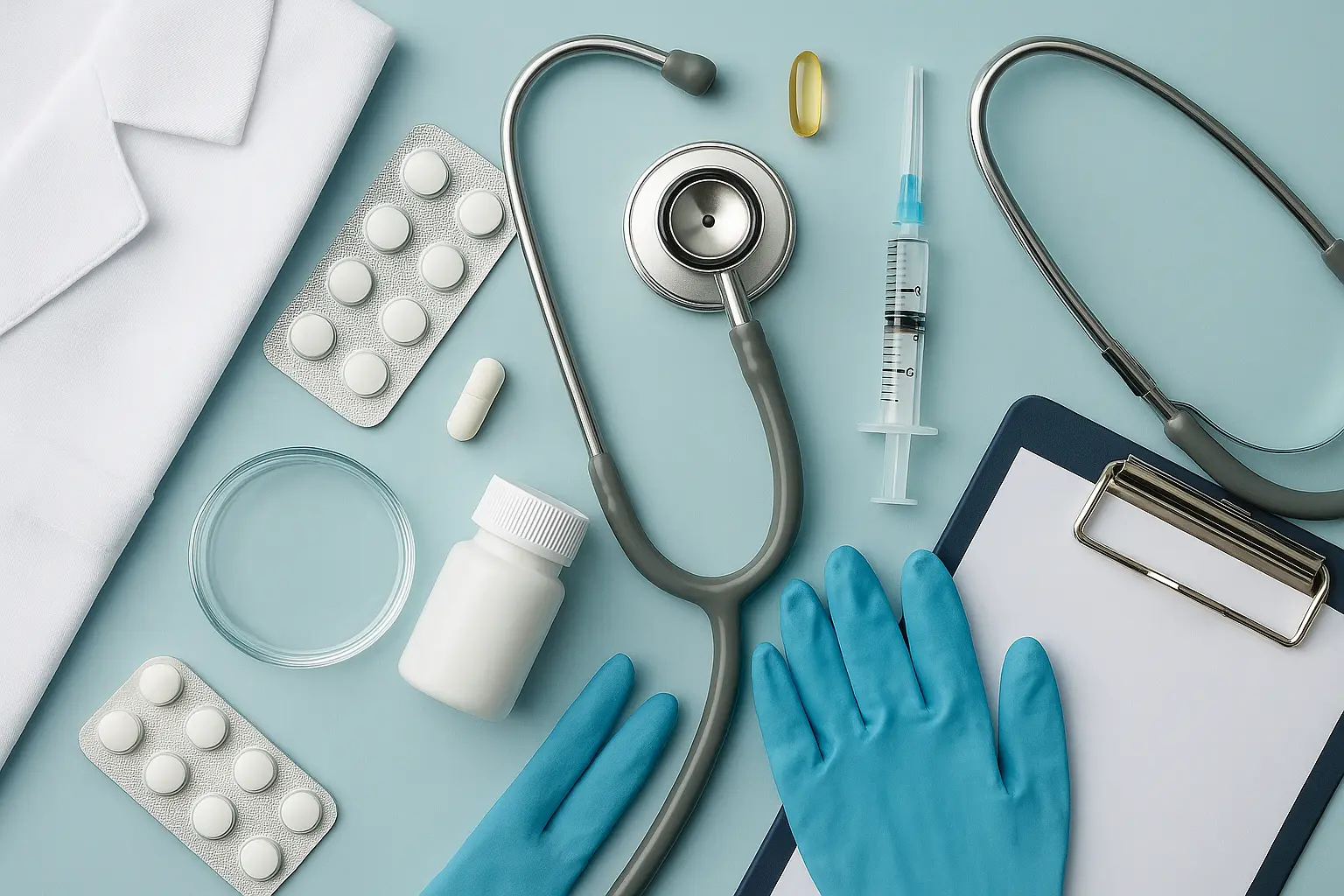Drug Quality Control Certification
The Drug Quality Control Certification is a critical process in ensuring that pharmaceutical products meet the highest standards of safety and efficacy. This certification plays a pivotal role in the medical sector, ensuring that drugs are free from impurities, have accurate compositions, and comply with international quality standards.
Quality control (QC) in drug development involves several stages from raw material procurement to final product release. Each stage requires stringent testing to verify that the drug substance or drug product is safe for human use. The process typically includes analytical methods like High-Performance Liquid Chromatography (HPLC), Fourier Transform Infrared Spectroscopy (FTIR), and Gas Chromatography-Mass Spectrometry (GC-MS).
Drug Quality Control Certification ensures that the pharmaceutical industry adheres to stringent regulatory requirements, such as those outlined in ISO 17025 for laboratories. It is essential for maintaining patient trust and ensuring regulatory compliance with agencies like the FDA, EMA, and WHO.
The certification process involves several key steps: raw material testing, intermediate product evaluation, final product release testing, stability studies, and batch release. Each step ensures that the drug quality remains consistent throughout its lifecycle from development to market launch.
Raw materials must be rigorously tested for purity and identity using techniques like HPLC and FTIR. Intermediate products undergo impurity checks, ensuring no unwanted compounds are present. The final product is subjected to comprehensive testing to ensure it meets all specified limits, including active pharmaceutical ingredients (API) content, excipient compatibility, and microbial contamination.
Stability studies play a crucial role in assessing the shelf life of the drug. These studies help determine how long the drug can be stored under various conditions before losing its efficacy or becoming unsafe for use. Compliance with these standards is not just about meeting regulatory requirements but also about protecting public health and ensuring patient safety.
The importance of drug quality control cannot be overstated, especially given the complex nature of pharmaceutical products. The sector's reliance on advanced testing methods ensures that only safe and effective drugs reach the market. This certification process helps build consumer confidence in the medical industry by providing assurance that all stages of production adhere to strict quality standards.
Why It Matters
Drug Quality Control Certification is paramount for several reasons, primarily ensuring patient safety and regulatory compliance:
- Patient Safety: Ensures drugs are free from harmful contaminants and meet purity specifications.
- Regulatory Compliance: Adherence to international standards like ISO 17025, FDA, EMA, and WHO guidelines.
- Product Consistency: Maintains consistent quality across different batches of the same drug product.
- Risk Management: Identifies potential issues early in the production process to mitigate risks.
The certification also supports the reputation and integrity of pharmaceutical companies, enhancing their standing within the industry. By adhering to these rigorous standards, manufacturers can gain a competitive edge and build trust among healthcare professionals and consumers.
Benefits
- Increased Patient Confidence: Ensures that drugs are safe and effective for use.
- Enhanced Compliance: Meets all regulatory requirements, reducing the risk of penalties or recalls.
- Improved Product Quality: Ensures consistent quality across production batches.
- Risk Mitigation: Identifies potential issues early in the process to prevent costly errors.
The Drug Quality Control Certification is a cornerstone for maintaining high-quality standards within the pharmaceutical industry. It not only protects public health but also supports the development of innovative and effective treatments.
Why Choose This Test
- Accurate Results: Utilizes advanced testing methods like HPLC, FTIR, and GC-MS for precise analysis.
- Comprehensive Coverage: Tests multiple parameters including purity, identity, and stability.
- Rigorous Standards: Adheres to international standards such as ISO 17025, FDA, EMA, and WHO guidelines.
- Expertise & Experience: Conducted by highly skilled professionals with extensive industry knowledge.
Selecting this test ensures that you are working with a trusted partner who understands the complexities of pharmaceutical quality control. This certification process is not just about compliance; it's about ensuring excellence in every aspect of drug development and production.





